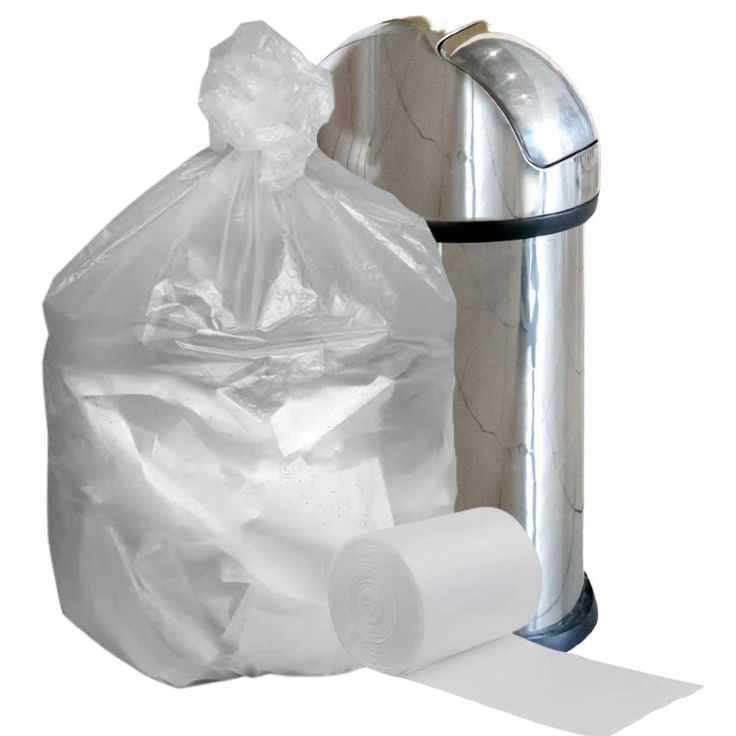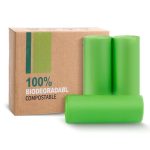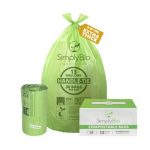When it comes to choosing the right garbage bags, consumers often feel overwhelmed by the plethora of options available. Whether you’re a homeowner tackling daily waste or a business managing larger volumes of refuse, understanding the types of garbage bags and their appropriate applications can make a significant difference. In this ultimate guide, we will explore the various types of garbage bags, their features, and how to choose the right one for your specific needs.
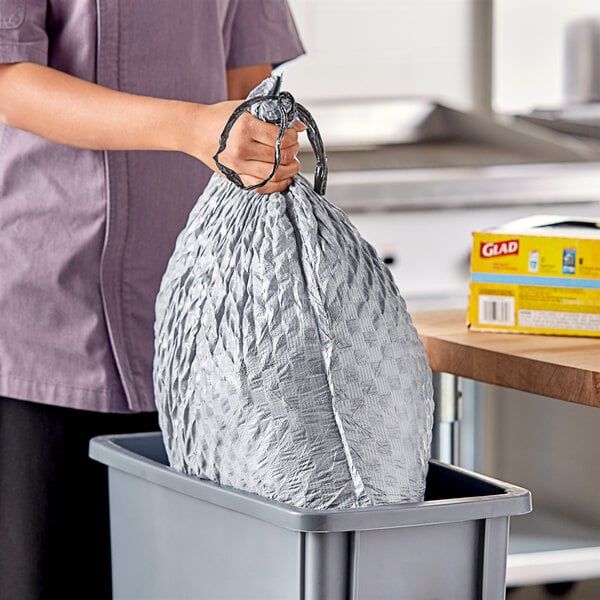
Understanding Different Types of Garbage Bags
Garbage bags come in various types, each designed for specific uses and made from different materials. Here are some key points to consider:
- Standard Kitchen Bags: These are the most common type of garbage bags, typically made from low-density polyethylene. They are ideal for everyday household waste, including food scraps, packaging, and general debris. Standard kitchen bags are designed for light to moderate loads, making them convenient for domestic use.
- Heavy-Duty Industrial Bags: These bags are constructed from high-density materials and are significantly thicker than standard bags. They are suitable for commercial environments or construction sites, where substantial and often sharp waste is generated. Heavy-duty bags can withstand more weight and rough handling, providing a reliable option for challenging disposal needs.
- Biodegradable Options: Gaining popularity in recent years, biodegradable garbage bags are made from renewable resources that decompose more quickly than traditional plastics. These bags cater to environmentally conscious consumers looking to reduce their carbon footprint and minimize pollution. They break down naturally in landfills or compost environments, contributing to sustainability efforts.
When choosing garbage bags, it’s essential to consider the intended use and the type of waste you’ll be disposing of. Understanding the specific needs of your waste disposal can significantly affect the performance, durability, and environmental impact of your choice, ensuring you select the most appropriate option for your needs.
Consider the Size of Your Garbage Bags
- Crucial Factor: One of the most critical factors in choosing garbage bags is their size. The right size ensures that waste is contained effectively and that your space remains organized and clean.
- Variety of Sizes: Garbage bags come in a wide range of sizes, typically starting from small 4-gallon bags, which are perfect for bathroom waste, to large 55-gallon bags designed for yard waste or industrial use. Knowing the size of the bag you need is essential.
- Prevent Overflow: Choosing the appropriate size for your garbage bag helps prevent overflow and potential messes that can occur if a bag is too small for the waste it contains. An overflowing bag can lead to spills and unwanted odors.
- Measure Your Trash Can: Before purchasing bags, it’s wise to measure your trash can. Most garbage bags will indicate their compatible can size directly on the packaging, allowing for easier identification of the best fit.
- Consider Waste Volume: Additionally, think about the amount of waste you produce regularly. If you have a larger household or run a business, you may benefit from bulk-sized bags, making it easier to manage waste more efficiently and saving both time and money in the long run.
Material Matters: Choosing Between Plastic and Paper Garbage Bags
When selecting garbage bags, the choice between plastic and paper materials is essential as each offers distinct advantages and disadvantages.
- Durability:
- Plastic Bags: Renowned for their durability, plastic garbage bags can withstand punctures and tears, making them ideal for heavy or sharp-edged waste. Their water-resistant properties also prevent leaks, ensuring that liquid waste doesn’t seep out.
- Paper Bags: While generally less durable, paper bags are effective for lighter, dry waste. They might struggle with wet or heavy items, potentially leading to tears or spills.
- Environmental Impact:
- Plastic Bags: Although plastic bags are versatile, they significantly contribute to environmental pollution. Many end up in landfills or oceans, where they take hundreds of years to decompose, exacerbating plastic waste issues.
- Paper Bags: A more eco-friendly option, paper bags decompose quickly and are often recyclable. However, their production can be resource-intensive, and they may not be the best choice for all types of waste.
- Waste Type Considerations:
- When choosing between plastic and paper, assess the waste types you frequently dispose of. For wet or heavy waste, plastic is generally the better option. Conversely, for dry, light waste, paper bags could be suitable while minimizing environmental impact.
By evaluating these factors, you can select the most appropriate garbage bag that meets your disposal needs and aligns with your commitment to the environment.
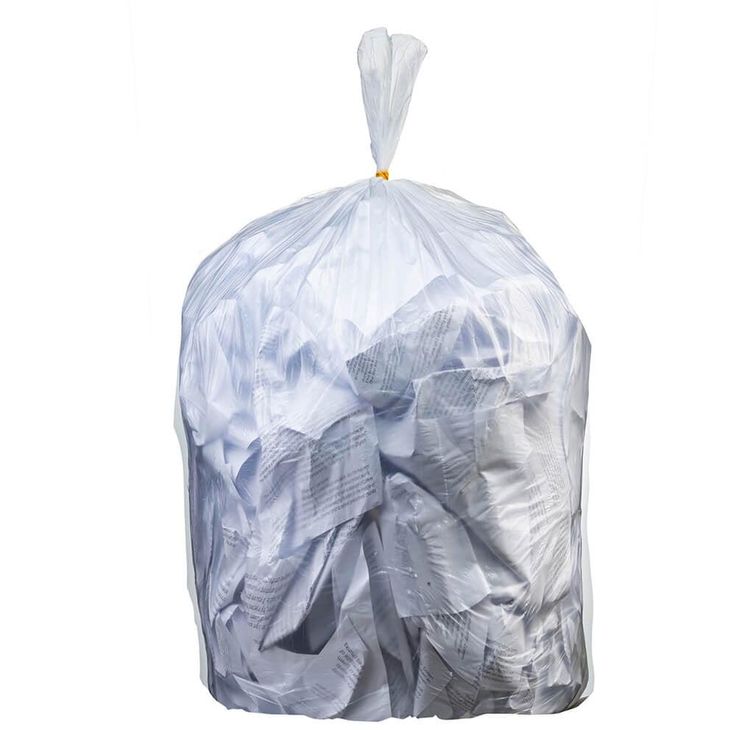
Strength and Thickness: What to Look For
The strength of garbage bags is often indicated by their thickness, measured in mils, with higher numbers indicating thicker, more durable bags. For everyday household use, a 0.9-mil thickness might suffice, but for more substantial waste, such as yard debris or heavy food scraps, thicker options range from 1.5 to 2 mils or more may be necessary.
Selecting the right thickness will help ensure that your garbage bags do not tear or leak during transport, reducing the risk of mess. Furthermore, consider the load you will be placing within the bag; heavy items should always be placed in heavy-duty garbage bags designed to withstand the extra weight.
Environmental Impact: Choosing Eco-Friendly Garbage Bags
As awareness of environmental issues grows, so does the demand for eco-friendly garbage bags. Many consumers now prioritize biodegradable or compostable options that significantly minimize their environmental impact. When selecting eco-friendly garbage bags, consider the following points:
- Look for Certifications: Seek out certifications that indicate the product’s biodegradability or compostability, ensuring they meet industry standards for environmental safety.
- Research Real-World Breakdown: Brands often label their products as eco-friendly, but it’s essential to investigate how these bags will break down in actual disposal conditions.
- Evaluate the Lifecycle: Consider the entire lifecycle of the bags, including production, transportation, and end-of-life disposal, to fully understand their environmental footprint.
- Contribute to Waste Reduction: Opting for sustainable garbage bags enables both homeowners and businesses to actively participate in waste reduction efforts, promoting a healthier planet for future generations.
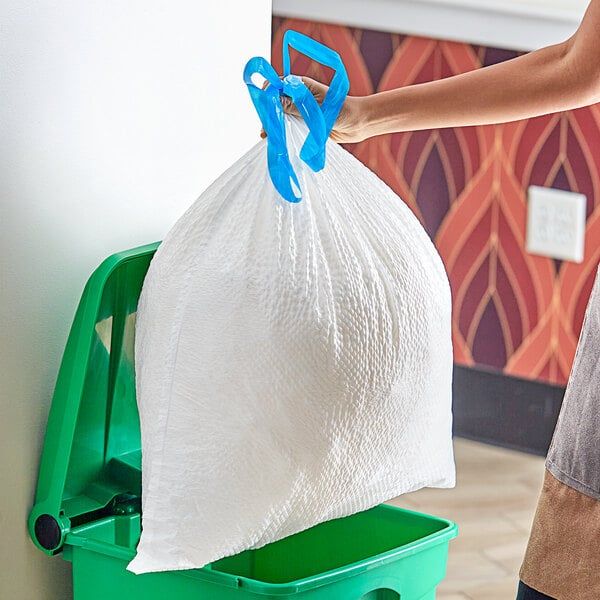
The Benefit of Scented vs. Unscented Garbage Bags
When it comes to odorous waste, the choice between scented and unscented garbage bags often arises. Scented garbage bags are infused with fragrances designed to mask unpleasant smells, making them a popular option for kitchen waste, especially when disposing of food scraps.
However, some users may be sensitive to fragrances or prefer unscented options for specific waste types. If you’re looking to maintain a pleasant environment while getting rid of nasty odors, scented garbage bags can be a worthwhile investment. Consider your preferences and the types of waste you’ll be disposing of to decide the best option for your household or business needs.
Cost-Effectiveness: Calculating Garbage Bag Value
When purchasing garbage bags, evaluating the cost-effectiveness is essential, particularly for businesses that generate substantial amounts of waste. It can be easy to simply opt for the cheapest options available on the market. However, this approach may lead to unforeseen expenses down the line. It is crucial to consider the quality and durability of the garbage bags you choose.
Investing in higher-quality garbage bags can ultimately save you money by reducing the frequency of replacements and minimizing the time and resources spent on waste cleanup. These durable bags are less likely to tear or rupture, which can prevent messes and the associated costs of clean-up.
Moreover, the size of the bags should also be factored into your decision. Purchasing larger bags in bulk can often yield significant savings compared to buying smaller bags in limited quantities. This strategy not only enhances cost-effectiveness but also ensures that your waste disposal process is both efficient and reliable.
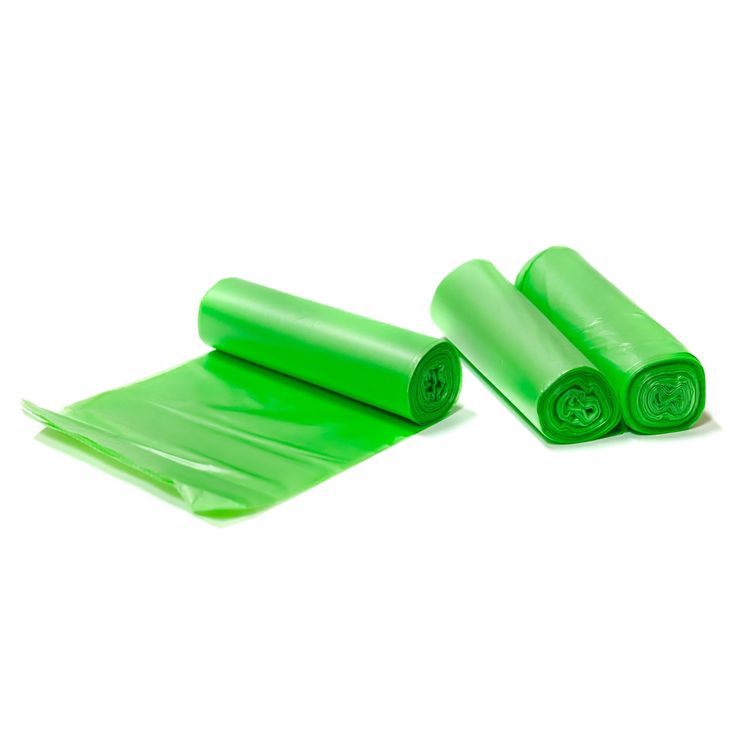
Expert Recommendations for Choosing the Right Garbage Bags
To truly select the right garbage bags, it is wise to seek expert recommendations or customer reviews. Websites, blogs, and forums can provide insights into the best brands and practices for selecting garbage bags based on personal experiences. Furthermore, consider engaging local retailers or professionals for advice on the most effective garbage bags for your particular needs.
Customer feedback is often invaluable, as it reflects real-life testing of the products you’re considering. From assessing durability to evaluating scent control, user opinions can guide readers in making informed choices that align with their disposal requirements.
Conclusion
In conclusion, selecting the appropriate garbage bags is crucial for effective waste management, whether it be for personal use at home or for professional applications in offices or businesses. It is important to consider several key factors, including the type of garbage bag needed, its size, material composition, and strength, as well as its environmental impact. By considering these aspects, consumers can make informed and thoughtful choices. This allows them to align their decisions with both their practical needs and ethical values. This comprehensive guide equips you with valuable knowledge, enabling you to choose the best garbage bags for your particular situation. Ultimately, making the right choice enhances your waste disposal process while also promoting environmental responsibility. Happy disposing, and remember that every little choice counts towards a cleaner planet!
